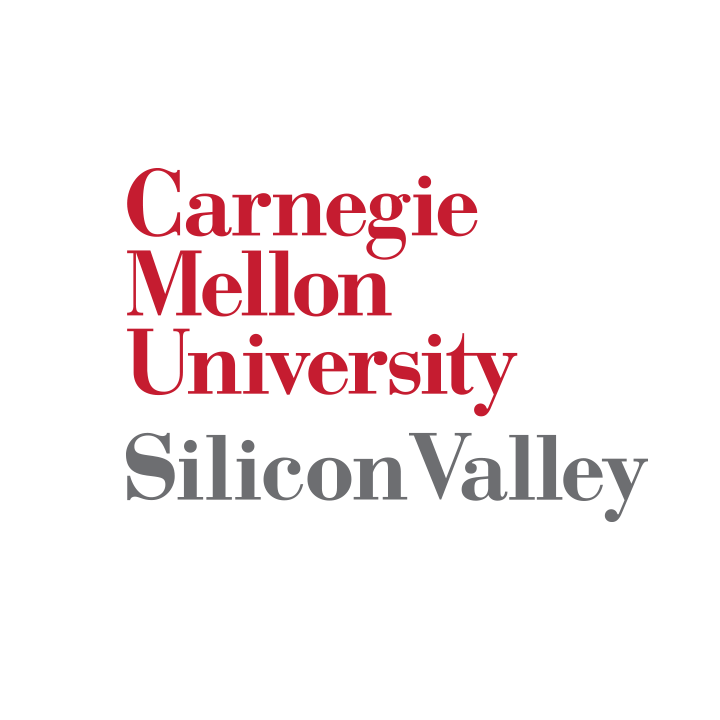Fujitsu's AI Innovations: A New Era for Workplace Safety and Cybersecurity
December 14, 2024, 4:34 am

Location: United States
Employees: 51-200
Founded date: 2002

Location: Spain, Community of Madrid, Pozuelo de Alarcón
Employees: 1001-5000
Founded date: 1935
In the bustling world of technology, Fujitsu stands out like a lighthouse in a storm. The company has recently unveiled two groundbreaking AI technologies that promise to reshape workplace safety and cybersecurity. These innovations are not just tools; they are the future of how businesses operate in an increasingly complex digital landscape.
Fujitsu's first offering is a video analytics AI agent designed for frontline workplaces. Imagine a vigilant guardian, tirelessly watching over operations, analyzing every frame of video footage, and drawing insights from it. This AI agent utilizes spatial video and image data from workplace cameras, combined with written documentation, to draft reports and suggest improvements. It’s like having a personal assistant who never sleeps, always ready to enhance safety and efficiency.
This AI agent is built on a multimodal large language model (LLM). It learns to recognize 3D images of the workplace, integrating knowledge from safety rules and other written materials. Think of it as a sponge, soaking up information to better understand its environment. The technology employs context memory, allowing it to retain only the most relevant data. This capability enables the analysis of long-duration video content with unmatched accuracy. In a world where every second counts, this is a game-changer.
Fujitsu has created an evaluation environment called FieldWorkArena, in collaboration with Carnegie Mellon University. This space is a testing ground for the AI agent, filled with real-world images and videos from various frontline workplaces. It’s like a training camp for AI, where it hones its skills to tackle real challenges. FieldWorkArena will be accessible to researchers, fostering innovation and collaboration in the AI community.
The second innovation is equally impressive: a multi-AI agent security technology. In a digital age fraught with cyber threats, this technology acts as a fortress. It coordinates multiple AI agents, each with specialized skills in attack detection, defense, and business continuity. Picture a team of experts, each playing a vital role in safeguarding an organization from the ever-evolving landscape of cyberattacks.
This proactive approach to security is crucial. As cyber threats grow more sophisticated, the need for rapid response becomes paramount. Fujitsu’s multi-AI agent system simulates cyberattacks and protection strategies, allowing organizations to prepare for potential vulnerabilities before they strike. It’s like a fire drill for cybersecurity, ensuring that when the alarm sounds, everyone knows their role.
Fujitsu plans to roll out this technology in phases, starting with field trials in December 2024. By January 2025, parts of the system will be available as open-source software, empowering organizations to build their own security applications. This democratization of technology is vital in a world where every business, regardless of size, faces cyber threats.
The multi-AI agent security technology also aims to simplify the complex world of cybersecurity. It enables IT personnel, even those without specialized expertise, to implement proactive measures. This is akin to giving every employee a shield against potential attacks, making cybersecurity a shared responsibility rather than a specialized task.
Fujitsu’s commitment to creating a trustworthy digital society is evident in these innovations. The company is not just responding to current threats; it is anticipating future challenges. By developing technologies that enhance workplace safety and cybersecurity, Fujitsu is paving the way for a more secure and efficient business environment.
As we look to the future, the implications of these technologies are profound. In frontline workplaces, the AI agent will help reduce accidents and improve operational efficiency. It will provide insights that lead to better decision-making and a safer work environment. In the realm of cybersecurity, the multi-AI agent system will empower organizations to stay one step ahead of cybercriminals, safeguarding sensitive data and maintaining trust with customers.
Fujitsu’s innovations are a testament to the power of AI. They illustrate how technology can be harnessed to solve real-world problems. As these systems are implemented, we can expect to see a shift in how businesses approach safety and security. The landscape is changing, and Fujitsu is at the forefront of this transformation.
In conclusion, Fujitsu’s video analytics AI agent and multi-AI agent security technology represent a significant leap forward in workplace safety and cybersecurity. These innovations are not just about technology; they are about creating a safer, more secure future for businesses and their employees. As we embrace these advancements, we step into a new era where AI acts as a partner, guiding us through the complexities of modern work environments. The future is bright, and Fujitsu is leading the way.
Fujitsu's first offering is a video analytics AI agent designed for frontline workplaces. Imagine a vigilant guardian, tirelessly watching over operations, analyzing every frame of video footage, and drawing insights from it. This AI agent utilizes spatial video and image data from workplace cameras, combined with written documentation, to draft reports and suggest improvements. It’s like having a personal assistant who never sleeps, always ready to enhance safety and efficiency.
This AI agent is built on a multimodal large language model (LLM). It learns to recognize 3D images of the workplace, integrating knowledge from safety rules and other written materials. Think of it as a sponge, soaking up information to better understand its environment. The technology employs context memory, allowing it to retain only the most relevant data. This capability enables the analysis of long-duration video content with unmatched accuracy. In a world where every second counts, this is a game-changer.
Fujitsu has created an evaluation environment called FieldWorkArena, in collaboration with Carnegie Mellon University. This space is a testing ground for the AI agent, filled with real-world images and videos from various frontline workplaces. It’s like a training camp for AI, where it hones its skills to tackle real challenges. FieldWorkArena will be accessible to researchers, fostering innovation and collaboration in the AI community.
The second innovation is equally impressive: a multi-AI agent security technology. In a digital age fraught with cyber threats, this technology acts as a fortress. It coordinates multiple AI agents, each with specialized skills in attack detection, defense, and business continuity. Picture a team of experts, each playing a vital role in safeguarding an organization from the ever-evolving landscape of cyberattacks.
This proactive approach to security is crucial. As cyber threats grow more sophisticated, the need for rapid response becomes paramount. Fujitsu’s multi-AI agent system simulates cyberattacks and protection strategies, allowing organizations to prepare for potential vulnerabilities before they strike. It’s like a fire drill for cybersecurity, ensuring that when the alarm sounds, everyone knows their role.
Fujitsu plans to roll out this technology in phases, starting with field trials in December 2024. By January 2025, parts of the system will be available as open-source software, empowering organizations to build their own security applications. This democratization of technology is vital in a world where every business, regardless of size, faces cyber threats.
The multi-AI agent security technology also aims to simplify the complex world of cybersecurity. It enables IT personnel, even those without specialized expertise, to implement proactive measures. This is akin to giving every employee a shield against potential attacks, making cybersecurity a shared responsibility rather than a specialized task.
Fujitsu’s commitment to creating a trustworthy digital society is evident in these innovations. The company is not just responding to current threats; it is anticipating future challenges. By developing technologies that enhance workplace safety and cybersecurity, Fujitsu is paving the way for a more secure and efficient business environment.
As we look to the future, the implications of these technologies are profound. In frontline workplaces, the AI agent will help reduce accidents and improve operational efficiency. It will provide insights that lead to better decision-making and a safer work environment. In the realm of cybersecurity, the multi-AI agent system will empower organizations to stay one step ahead of cybercriminals, safeguarding sensitive data and maintaining trust with customers.
Fujitsu’s innovations are a testament to the power of AI. They illustrate how technology can be harnessed to solve real-world problems. As these systems are implemented, we can expect to see a shift in how businesses approach safety and security. The landscape is changing, and Fujitsu is at the forefront of this transformation.
In conclusion, Fujitsu’s video analytics AI agent and multi-AI agent security technology represent a significant leap forward in workplace safety and cybersecurity. These innovations are not just about technology; they are about creating a safer, more secure future for businesses and their employees. As we embrace these advancements, we step into a new era where AI acts as a partner, guiding us through the complexities of modern work environments. The future is bright, and Fujitsu is leading the way.